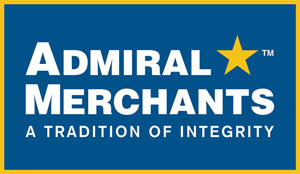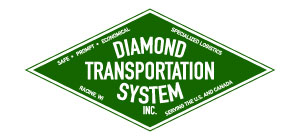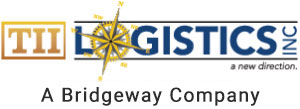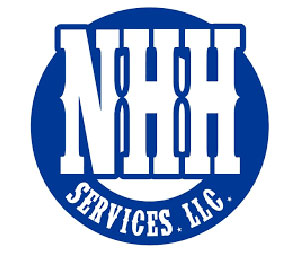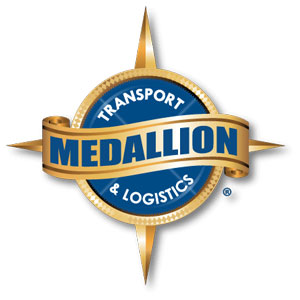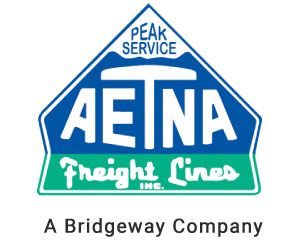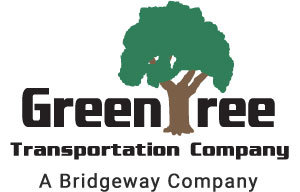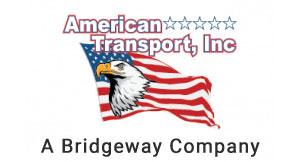CVSA Roadcheck 2024
Essential Guide for Trucking and Heavy Hauling
The CVSA Roadcheck 2024, happening from May 14th to 16th, is a significant event for the trucking and heavy hauling industry. Organized by the Commercial Vehicle Safety Alliance (CVSA), this annual 72-hour initiative involves rigorous inspections of commercial motor vehicles across North America, aiming to enhance road safety and compliance. At Osage Specialized Transport, we are now in the thick of it, ensuring their fleets and drivers meet stringent safety standards.
Understanding the CVSA Roadcheck

During the CVSA Roadcheck, enforcement officials across Canada, the United States, and Mexico conduct the North American Standard Level I Inspection. This comprehensive inspection covers both the vehicle’s mechanical fitness and the driver’s adherence to safety regulations. Inspectors examine items such as brake systems, cargo securement, lights, steering mechanisms, and tires, alongside drivers’ hours of service documentation and license validity.
Why CVSA Roadcheck Matters for Trucking and Heavy Hauling Companies
The CVSA Roadcheck is not just about compliance; it’s a critical measure of a company’s operational integrity and commitment to safety. For businesses like Osage Specialized Transport, excelling in these inspections can have numerous benefits:
- Enhanced Safety: The primary objective of CVSA Roadcheck is to identify and mitigate potential safety hazards. Companies that consistently prepare for and pass these inspections likely operate safer fleets.
- Reduced Costs: By identifying and addressing maintenance issues before they become severe, companies can avoid costly repairs and downtime.
- Improved Reputation: Companies that fare well in inspections are often regarded as reliable and compliant, which can enhance business opportunities and customer trust.
- Regulatory Compliance: Staying compliant with transportation regulations helps companies avoid fines and penalties, ensuring smooth operations.
How to Prepare for CVSA Roadcheck 2024
1. Comprehensive Vehicle Checks: Regular vehicle maintenance should be a priority year-round, not just during Roadcheck. However, in the weeks leading up to the event, it’s wise to conduct thorough checks on braking systems, lights, tires, wheels, and cargo securement systems. Any sign of wear and tear or potential malfunctions should be addressed immediately.

2. Driver Training and Documentation: Drivers should have all necessary licenses and documents, including a valid Commercial Driver’s License (CDL), up-to-date medical certificates, and a record of duty status. Training sessions focusing on Hours of Service (HOS) regulations, proper logging practices, and emergency procedures are invaluable.
3. Focus on Cargo Securement: Given that cargo securement has been a special focus in past Roadchecks, ensuring that all cargo is secured properly according to the latest safety guidelines is crucial. This reduces the risk of accidents caused by shifting or lost cargo.
4. Mock Inspections: Conducting internal mock inspections can help identify potential issues before the actual Roadcheck. This practice can help drivers feel more prepared and less stressed about the inspection process.
Potential Focus Areas for 2024
The specific focus areas for CVSA Roadcheck 2024 have been revealed and announced. It is beneficial for companies to review these areas and address any related issues that have been highlighted in previous years. For instance, braking systems and Hours of Service compliance have often been areas of emphasis. Companies should review their past inspection reports to identify any recurring issues and focus their preparatory efforts accordingly.
The Impact of Technology on Compliance
While specific focus areas for the 2024 Roadcheck have been emphasized, companies should pay special attention to their fleets’ braking systems, hours of service compliance, and cargo securement practices. These areas are often scrutinized due to their direct impact on road safety.
Technology continues to significantly influence the trucking industry, particularly in compliance and safety enhancements. Tools like ELDs provide accurate data that can streamline the inspection process, reducing the likelihood of human error and ensuring drivers stick to their hours of service limits. Advanced diagnostics and telematics systems also play a crucial role in monitoring vehicle health and performance, aiding in preventive maintenance that can preempt issues before they become serious.
Conclusion
As CVSA Roadcheck 2024 continues, trucking and heavy hauling companies are given a vital opportunity to demonstrate their commitment to safety and compliance. For Osage Specialized Transport, thorough preparation and proactive management are key to navigating this challenging period successfully.
By investing in rigorous vehicle maintenance, ensuring thorough driver preparation, and leveraging advanced technologies, companies can not only meet but exceed the stringent requirements of the Roadcheck, enhancing their operational safety and efficiency. Let’s champion these practices not just during Roadcheck, but as a permanent standard for the industry, ensuring safer roads for everyone.

